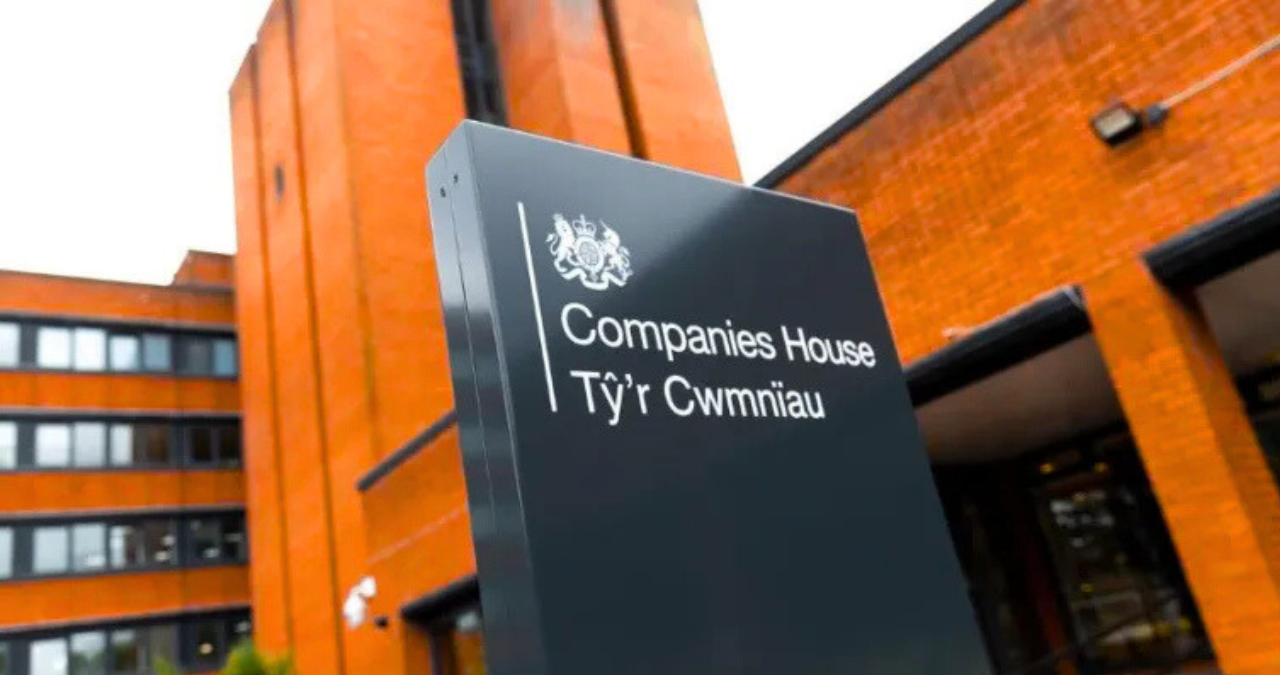
Understanding Companies House: A Complete Guide
Companies House: When you hear the term Companies House, you probably think of a government office packed with endless records of businesses, directors, and registrations. And that’s exactly right. Companies House is one of the most crucial institutions in the UK business world. It’s where every company officially starts its journey, where all the essential details are stored, and where the public can find accurate information about businesses operating across the country.
The role of Companies House extends far beyond being a registry. It’s not just about paperwork or ticking compliance boxes it’s about transparency, trust, and accountability. Whether you’re a budding entrepreneur, a seasoned director, or even someone curious about how companies operate, understanding the ins and outs of this House gives you an edge in navigating the UK business landscape.
What is Companies House
At its core, Companies House is the official registrar of companies in the UK. Every limited company, no matter how small or large, must be registered here. This ensures that businesses exist legally and have a record that can be accessed by regulators, investors, and the general public.
One of the most valuable aspects of Companies House is its transparency. Anyone can search for a company, review its filing history, and check who is behind it. This openness is a cornerstone of the UK’s corporate environment, making it easier for businesses to build credibility and for people to make informed decisions about who they work with or invest in.
The Importance of Companies House in the Business World
Without Companies House, the UK business landscape would be far less transparent. Imagine trying to work with a company without knowing if it’s legitimate, who owns it, or what its financial status is. Companies House addresses this problem by serving as the central repository of all company details.
This accessibility fosters trust. Potential partners, clients, and even employees can check information before committing to a business relationship. It levels the playing field and holds companies accountable to their obligations. At the same time, it provides entrepreneurs with a clear framework for starting and running their ventures responsibly.
How Companies House Works
When a new company is formed, it must submit key details to Companies House. This includes its registered name, address, directors, and share structure. Once registered, the company is given a unique number that identifies it permanently.
But registration is just the beginning. this House also monitors businesses over time, requiring them to submit annual filings, updates to directors or addresses, and financial statements. This continuous stream of information ensures the registry remains accurate and up-to-date, providing the public with reliable insight into a company’s health and activity.
Registering a Business with Companies House
For anyone setting up a business in the UK, registration with Companies House is a critical step. It transforms your idea into a legally recognized entity that can trade, employ staff, and pay taxes. Registering is relatively straightforward, often done online, and doesn’t take much time.
When registering, you’ll need to decide on a company name, appoint at least one director, provide an official address, and outline your shareholding structure if you’re forming a limited company. Once approved, your business will appear in the this House database, making it accessible for anyone to look up. This instant recognition adds a layer of legitimacy that sole traders don’t always enjoy.
Transparency and Public Access at Companies House
A standout feature of Companies House is its open data policy. Unlike some countries where company information is restricted, the UK makes it freely available to anyone. This means that with just a quick search, you can find out who owns a company, how long it has existed, and even review its financial filings.
This transparency benefits everyone. It protects the public from fraudulent activity, helps investors assess opportunities, and ensures businesses are accountable for their actions. By shining a light on company operations, Companies House supports a healthier, more trustworthy economy.

Compliance and Responsibilities with Companies House
Registering with Companies House is not a one-time affair. Once your company is live, you’ll have ongoing responsibilities to keep your information updated. This includes filing annual confirmation statements, submitting financial accounts, and reporting any changes to directors, shareholders, or addresses.
Failing to meet these requirements can have serious consequences. Companies that don’t comply risk penalties, being struck off the register, or even prosecution in extreme cases. That’s why directors must stay on top of their obligations, often working closely with accountants to ensure everything is filed correctly and on time.
Benefits of Using Companies House Services
One of the biggest benefits of this House is the credibility it provides. Being listed in the official register reassures partners and customers that your business is legitimate and compliant. It acts as a seal of trust that can open doors to contracts, investments, and collaborations.
Additionally, the online system makes administration more convenient. Entrepreneurs can manage filings, update details, and review documents without the need for endless paperwork. This streamlined approach reduces stress for directors and ensures that businesses can focus on growth rather than bureaucracy.
The Digital Transformation of Companies House
Like many institutions, this House has embraced the digital era. Over the years, it has moved much of its services online, making it easier for companies to file documents, check records, and stay compliant without delays.
This digital transformation has made the process more efficient for both businesses and the registrar. Entrepreneurs no longer need to send everything by post, and the public can access records instantly. With technology continuing to evolve, Companies House is expected to offer even more user-friendly and secure digital services in the future.
Companies House for Entrepreneurs and Startups
For startups, registering with Companies House marks a milestone. It’s often the point where an idea evolves into an actual business with structure, recognition, and protection. Many entrepreneurs view registration as a rite of passage—it signals commitment and opens opportunities for funding and partnerships.
Furthermore, being registered can protect your business name from being used by others, giving you a stronger brand identity. It also makes you eligible for different types of financing and contracts that aren’t always available to unregistered businesses. In short, Companies House is an essential ally for ambitious entrepreneurs.







